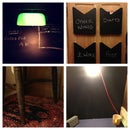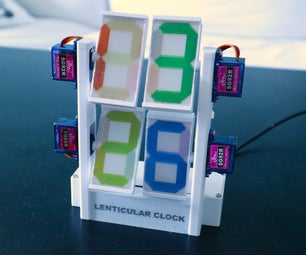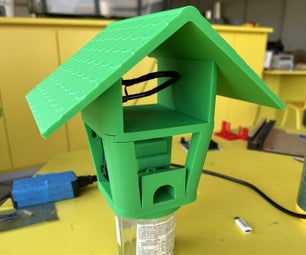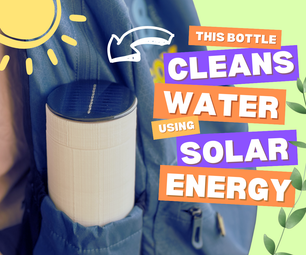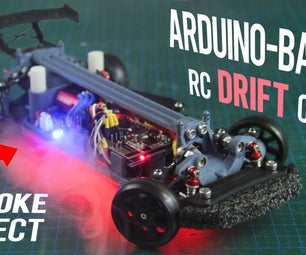Introduction: Printed Circuit Boards (PCB) Using the Laser Cutter
This is a new twist on an existing process, which allows you to make super accurate PCBs. It basically involves spray painting copper board, laser cutting off the paint and then putting the board in a bath of Ferric Chloride to remove the unwanted copper. This method is particularly good when using large chips as they need very accurate pin spacing.
Attachments
Step 1: Spray Copper Board
Cut your copper board to the required size and spray paint it with a nice even coating
Attachments
Step 2: Laser Cut the Board
Draw up your circuit diagram, I just use illustrator for this, and remember to mirror it if required. You also need to remember to reverse the colours of your diagram for eg the parts of the board that you want to remain copper should be white and everything to be removed should be black. put the board in the laser cutter and cut away the paint where desired, make sure it has cut clean through to the copper surface.
Attachments
Step 3: Bathe in Ferric Chloride
Place your board in a bath of Ferric Chloride. Use a plastic tub for this and wear gloves etc, rhis is pretty horrible stuff. It helps to warm the Ferric Chloride a little, I do this by placing it in the sun. Leave the boards for about half an hour, it helps to scrub with a sponge. Sponge and bathe until all the copper is removed.
Step 4: Clean Board
To remove the remaining paint give the board a scrub with nail varnish remover or resist remover.
Step 5: Drill Board
If you require to drill the board do this with care and a small drill (probably no bigger than 1mm). It helps to do this on a pillar drill, but can be done with a hand drill if more accuracey is taken.
There you have it, an accurate and reliable PCB!!
There you have it, an accurate and reliable PCB!!



